Fashion weeks are not just glamorous events; they are pivotal platforms for designers to showcase their creativity and gain global recognition. For New Zealand designers, these events provide a unique opportunity to express their distinctive style and tap into international markets. As New Zealand's fashion industry increasingly integrates with global trends, understanding which fashion weeks are making waves for Kiwi designers becomes crucial for marketing specialists aiming to leverage these opportunities.
The Importance of Global Fashion Weeks for New Zealand Designers
New Zealand's fashion industry, while vibrant, faces challenges such as geographical isolation and a relatively small domestic market. Participating in global fashion events helps overcome these barriers by offering exposure to larger audiences and potential buyers. According to Stats NZ, the country's creative industries contributed over NZD 3.5 billion to the economy in 2021, highlighting the sector's economic significance. Fashion weeks thus serve as a catalyst for growth, allowing designers to connect with international buyers, media, and influencers.
1. Paris Fashion Week: The Pinnacle of Fashion Excellence
Paris Fashion Week stands as the most prestigious event in the fashion calendar, attracting top designers and celebrities worldwide. For New Zealand designers, showcasing in Paris means aligning with the crème de la crème of the fashion world. Karen Walker, a renowned Kiwi designer, has successfully graced the Paris runway, garnering attention for her quirky yet sophisticated designs. The exposure in Paris has not only elevated her brand globally but also opened doors to collaborations and retail opportunities across Europe.
2. New York Fashion Week: A Gateway to the American Market
New York Fashion Week is synonymous with innovation and diversity, making it an attractive stage for New Zealand designers eager to break into the American market. Zambesi, a staple in the New Zealand fashion scene, has leveraged this platform to introduce their avant-garde designs to a broader audience. The U.S. market's size and diversity offer significant opportunities for sales and brand expansion, crucial for Kiwi designers aiming for international growth.
3. London Fashion Week: A Blend of Tradition and Innovation
London Fashion Week is known for its eclectic mix of tradition and cutting-edge fashion, providing a perfect stage for New Zealand designers who excel in unique design narratives. Trelise Cooper, a prominent New Zealand designer, has showcased her collections in London, receiving accolades for her vibrant and theatrical creations. The exposure in London has not only amplified her brand's visibility but also attracted a loyal customer base in the UK.
4. Milan Fashion Week: The Epicenter of Luxury Fashion
Milan Fashion Week is a hub for luxury fashion, drawing elite designers and fashion houses. While it presents a highly competitive environment, it offers immense prestige for New Zealand designers who manage to secure a spot. Designers like Kate Sylvester have used Milan's platform to present their collections, aligning with high-end fashion labels and enhancing their brand's luxury appeal.
5. Tokyo Fashion Week: The Rising Star of Asian Fashion
Tokyo Fashion Week is gaining prominence as a significant player in the global fashion industry, offering a gateway to the Asian market. For New Zealand designers, Tokyo presents an opportunity to engage with fashion-forward consumers who appreciate innovation and sustainability—key aspects of Kiwi fashion. Designers like World have successfully showcased in Tokyo, tapping into the growing demand for unique and eco-friendly fashion.
Pros and Cons of Participating in Global Fashion Weeks
Pros:
- Global Exposure: Access to international media, buyers, and influencers.
- Networking Opportunities: Connections with industry leaders and potential collaborators.
- Market Expansion: Entry into larger markets, boosting sales and brand recognition.
- Trendsetting: Opportunity to set and follow global fashion trends.
Cons:
- High Costs: Significant investment required for participation and travel.
- Intense Competition: Competing with established global brands for attention.
- Resource Intensive: Demands on time and creativity to prepare collections.
- Market Variability: Risk of not resonating with international audiences.
Case Study: Karen Walker at Paris Fashion Week
Problem: Karen Walker, a New Zealand designer, sought to expand her brand's reach beyond Australasia. Despite her local success, entering the European market presented challenges due to brand recognition and competition.
Action: Walker showcased her collection at Paris Fashion Week, focusing on her signature playful yet sophisticated designs. She leveraged social media and collaborations with European influencers to amplify her presence.
Result: Following her Paris debut, Karen Walker experienced a 30% increase in European sales and secured partnerships with major retailers across Europe. Her brand's visibility soared, leading to increased media coverage and a loyal international customer base.
Takeaway: Participating in Paris Fashion Week can significantly boost brand awareness and sales for New Zealand designers. Leveraging the event's prestige and using strategic marketing can lead to successful market entry and growth.
Common Myths & Mistakes
Myth: "Only established brands benefit from fashion weeks."
Reality: Emerging designers can gain significant exposure and networking opportunities, essential for growth.
Myth: "Fashion weeks are just about glamorous shows."
Reality: They are crucial business events, offering opportunities for sales, collaborations, and media attention.
Myth: "Success is guaranteed if you participate."
Reality: Success depends on strategic planning and marketing efforts beyond the runway show.
Future Trends & Predictions
As the global fashion industry evolves, New Zealand designers are likely to see increased opportunities in sustainability and digital fashion. According to a report by NZTech, sustainable fashion is expected to grow significantly, with consumers increasingly valuing eco-friendly practices. This shift aligns with New Zealand's strong environmental policies, positioning Kiwi designers well for future success.
Conclusion
For New Zealand designers, participating in global fashion weeks is not just about showcasing creativity; it's a strategic move to expand their brand presence and enter new markets. By understanding the benefits and challenges of different fashion weeks, Kiwi designers can make informed decisions that align with their growth goals. As the industry continues to evolve, staying attuned to trends and leveraging strategic marketing will be key to success.
Are you ready to take your fashion brand to the next level? Share your thoughts and experiences with global fashion weeks in the comments below!
People Also Ask (FAQ)
- How do fashion weeks impact New Zealand designers? Fashion weeks provide exposure, networking, and market expansion opportunities, crucial for Kiwi designers expanding globally.
- What are common misconceptions about fashion weeks? Many believe fashion weeks only benefit established brands, but emerging designers can gain significant exposure and growth opportunities.
- What future trends should New Zealand designers watch? Increased focus on sustainability and digital fashion offers opportunities for growth, aligning with New Zealand's environmental policies.
Related Search Queries
- New Zealand fashion designers
- Global fashion weeks 2024
- Paris Fashion Week New Zealand
- London Fashion Week Kiwi designers
- Sustainable fashion trends NZ
- Fashion industry growth New Zealand
- Tokyo Fashion Week Kiwi brands
- Impact of fashion weeks on emerging designers
- Milan Fashion Week luxury fashion
- New York Fashion Week market opportunities

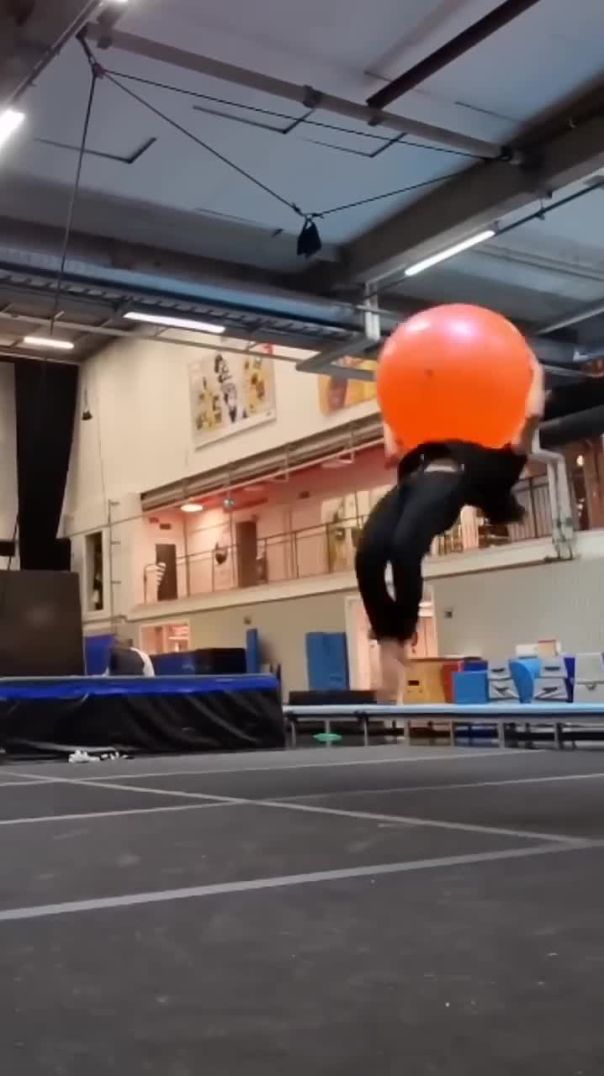
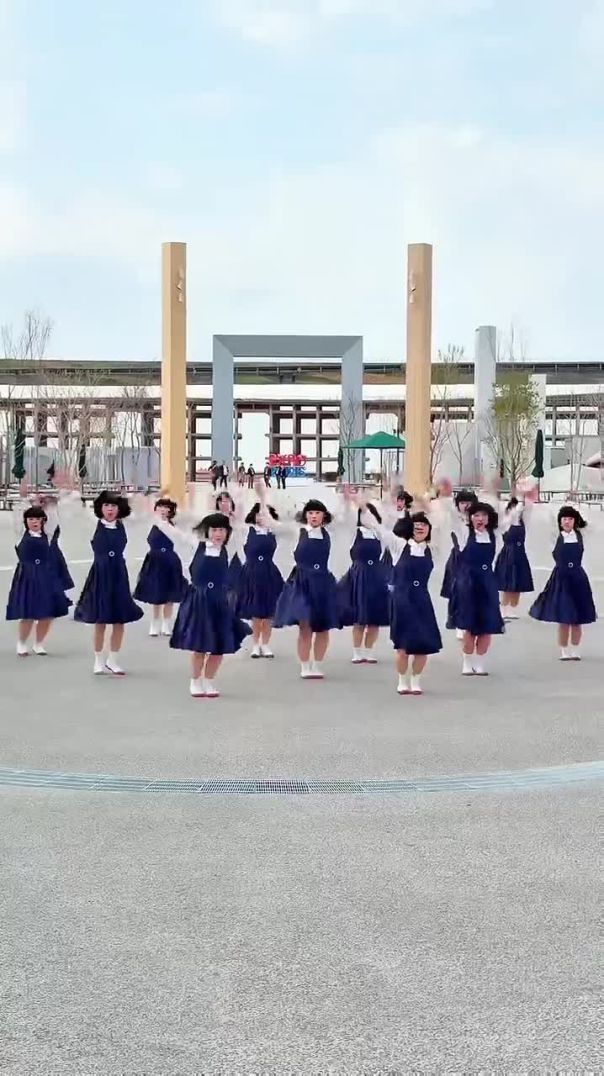


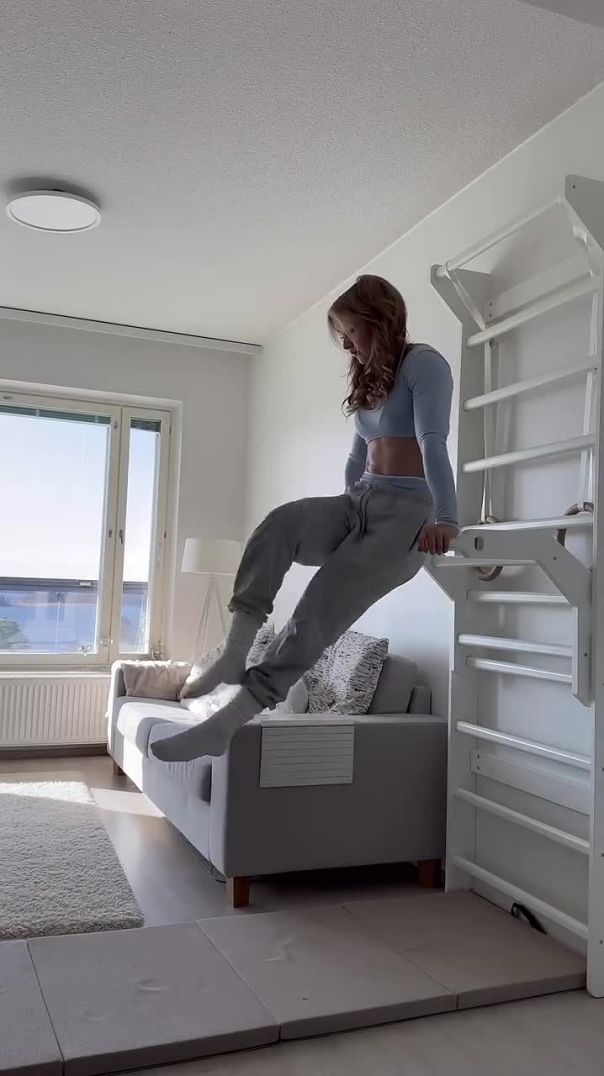

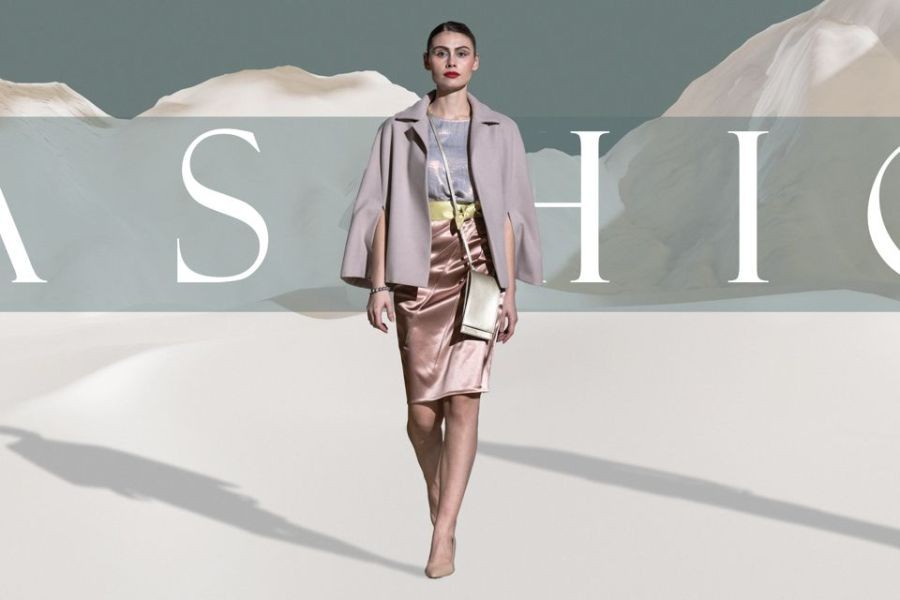









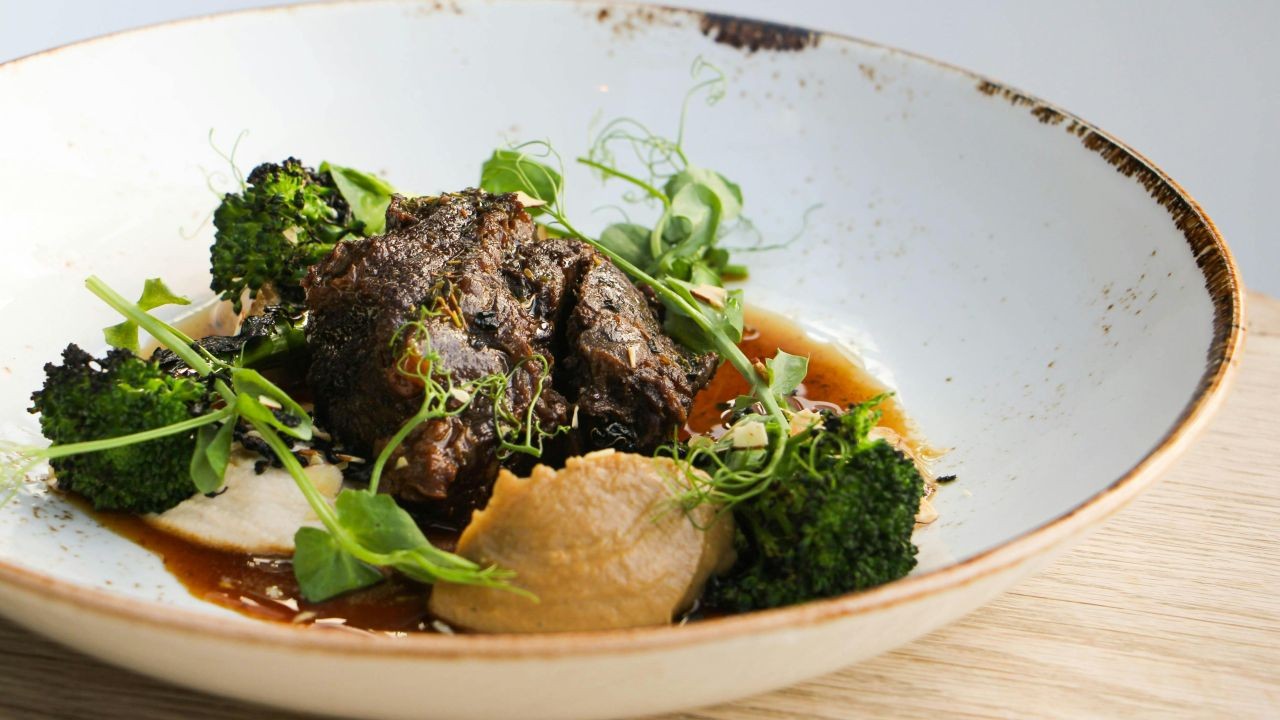



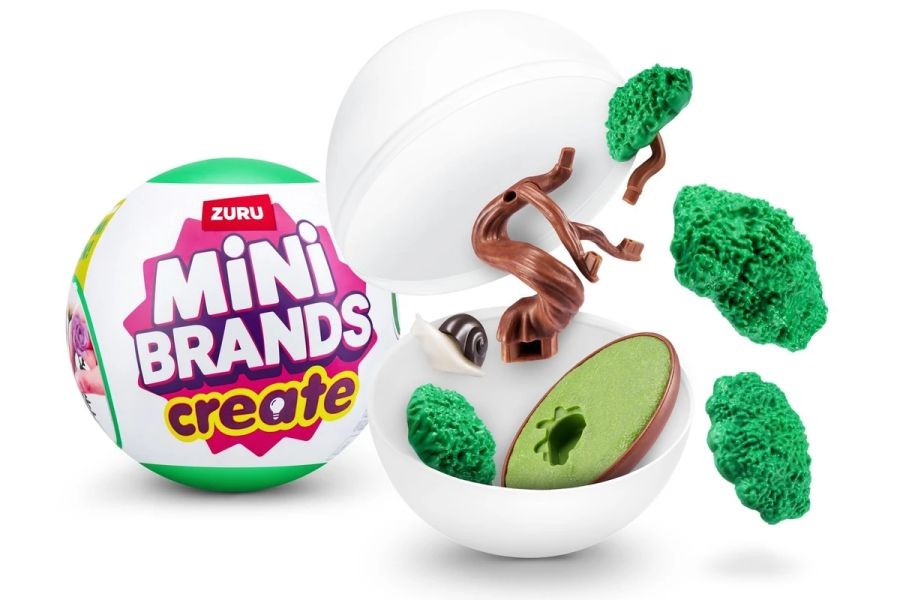




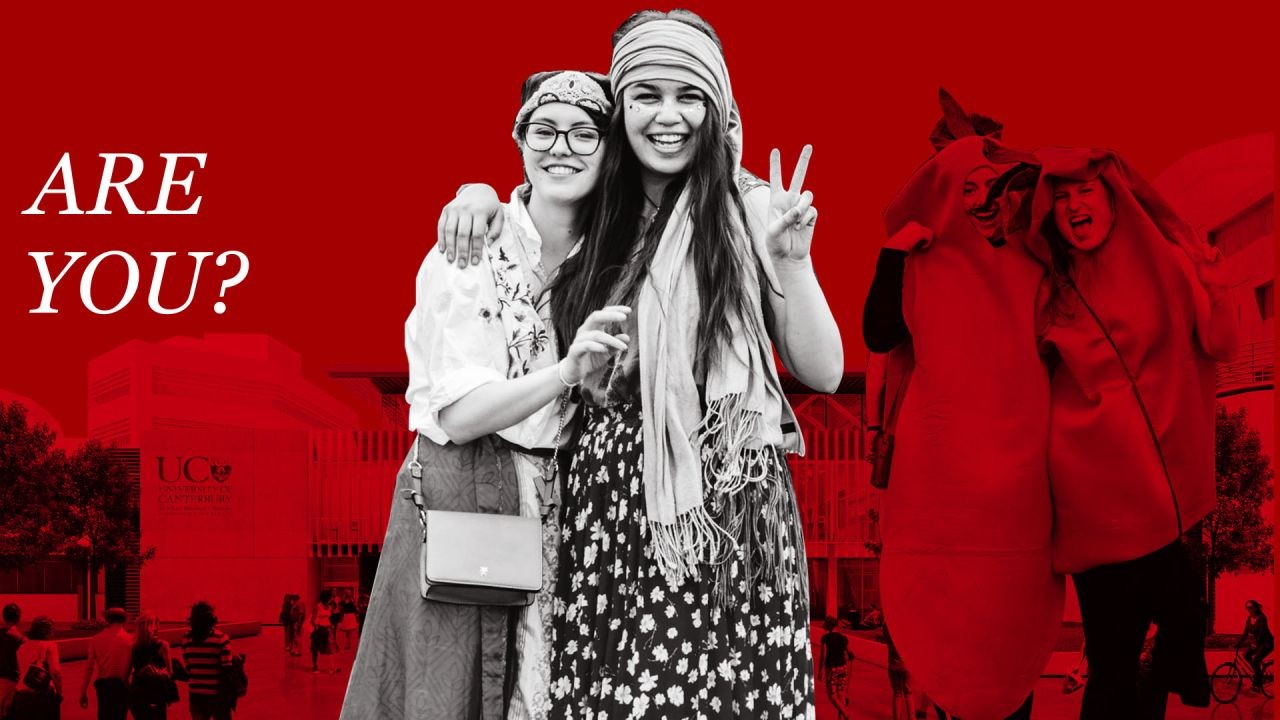
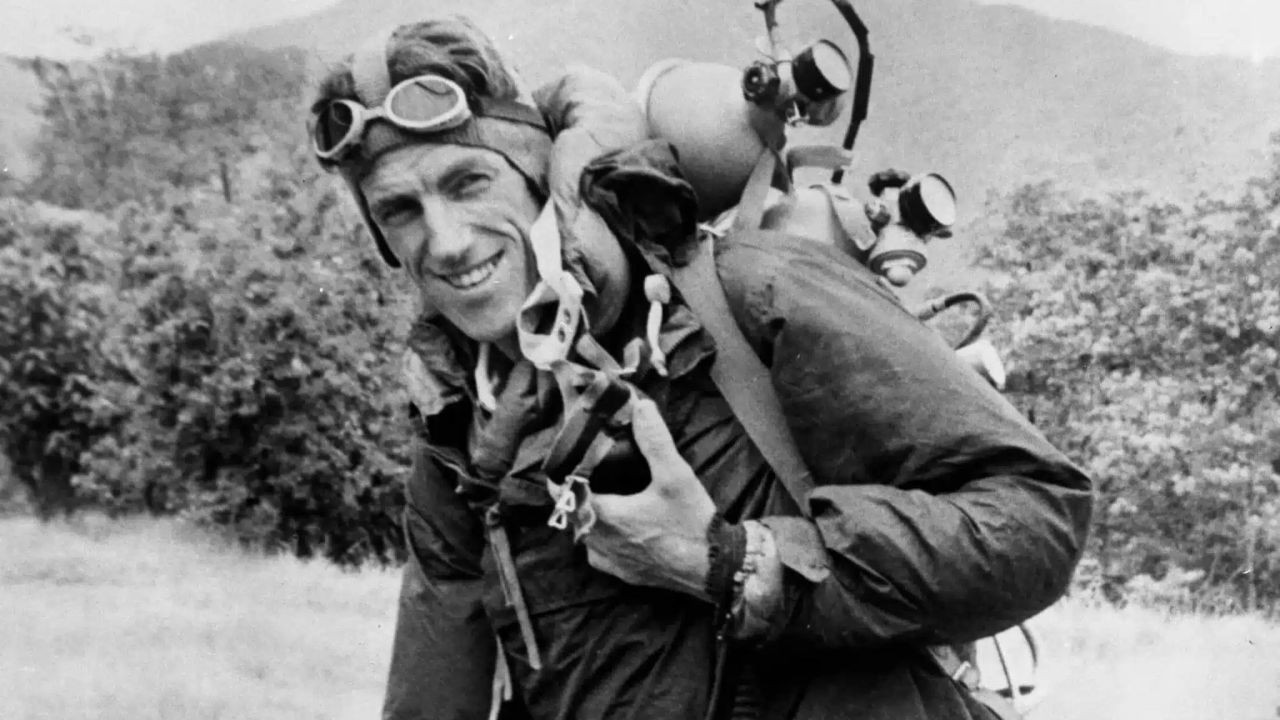





CallumJoe2
10 months ago